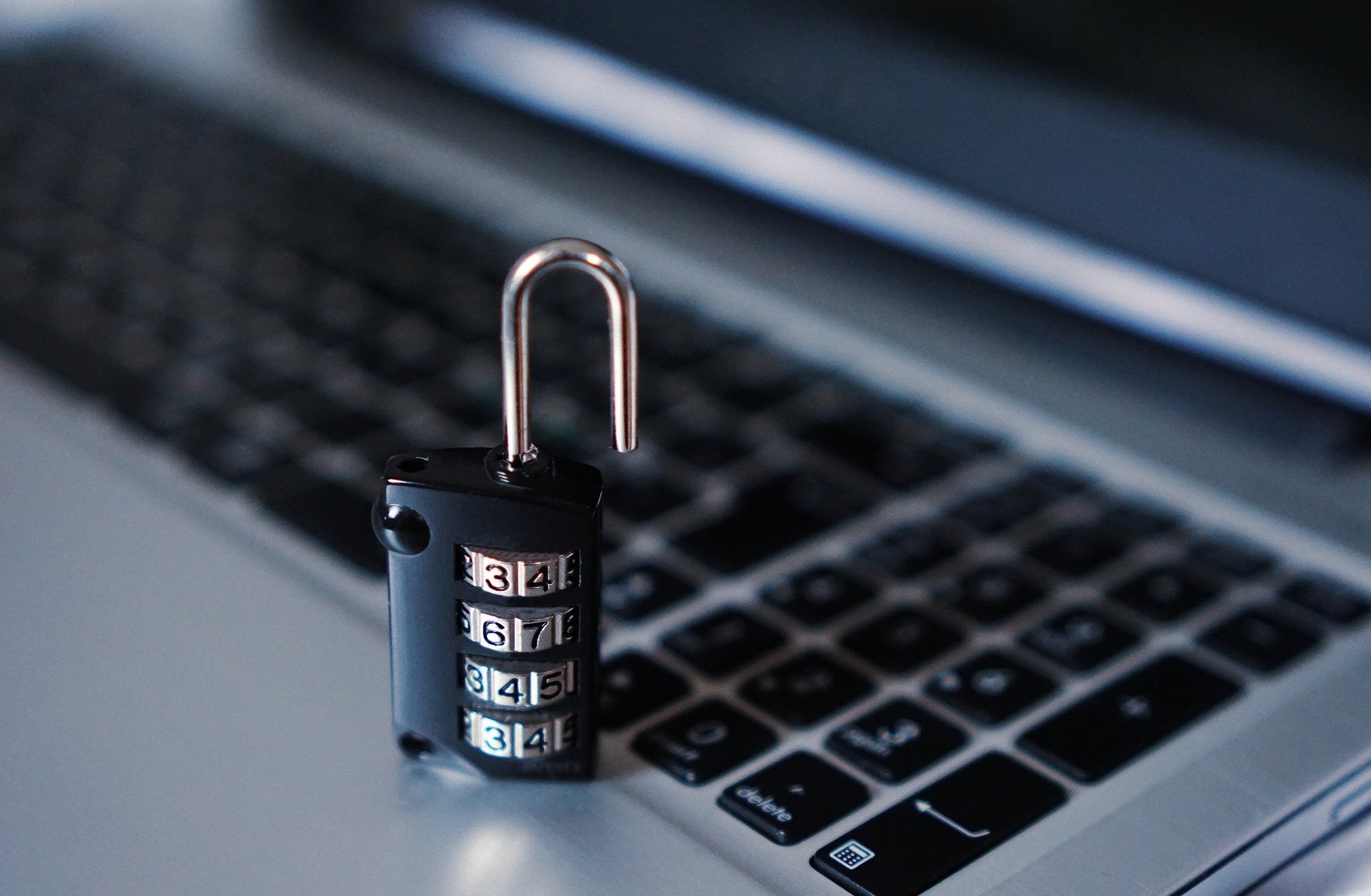Notice that when you access some websites your browser just doesn’t let you access without a big warning informing you of the risks of accessing an insecure website? That’s what your customers could be seeing when they try and visit your website that doesn’t have an SSL certificate.
At first, the warnings were small and an SSL/HTTPS secure website would simply have a padlock icon in the URL bar of your browser but now browsers are actively warning all users that their “connection to the site is not secure” or “your connection is not private”. These types of warning messages could be damaging your business and visitors are likely to be put off and simply leave.
An easy way to tell if a website is secure or not is to see if there is a padlock next to the URL in your browser while another easy identifier is the addition of an ‘S’ after the usual “http://” making it “https://”. Seeing either of these will mean that your connection to the website is secure and any information or data passed, either way, is shared safely.
So, What is SSL?
SSL stands for “Secure Sockets Layer” and is the current security technology for establishing an encrypted link between a web server and a browser. This link is responsible for keeping all data exchanged between the server and browser private.
Are there any other benefits of upgrading to an SSL Certificate?
Yes, there are benefits and they are quite important!
Search Engine Optimisation: For years now search engines such as Google have been penalising websites without an SSL certificate meaning those websites appear lower down in relevant search engine searches compared to websites that are HTTPS secure. Perhaps you have been struggling with your SEO performance over the last few years? Simply installing an SSL certificate could offer a big improvement.
Website Verification and Trust: An SSL certificate essentially ensures that your website is who it says it is. It guarantees the information the browser is receiving comes from the expected website. The padlock for a secure site and lack of warnings indicate a safe website and without having this you will struggle to convert customers that land on your website. In a 2017 survey 83% of users in the UK would leave a website if it was indicated as not secure – Imagine what that figure would be in a new survey!
It’s still not mandatory to have an SSL Certificate but you should upgrade anyway
Some websites don’t need customers to enter in personal information or payment details and therefore feel that an SSL certificate isn’t needed but that’s simply not the case due to the reasons above. So yes, while it’s not mandatory to have an active SSL certificate its definitely something you should consider sooner rather than later.
Getting an SSL Certificate is easier than you think
You just need to speak to your hosting provider as they will be able to arrange for an SSL certificate to be installed but in some circumstances, you will need to do this yourself where your current host will be able to provide instructions. An SSL certificate shouldn’t be expensive so watch out for companies charging vast amounts for providing you with one, The installation time on your website can vary a little, however.
Our sister company Goose Internet have been offering SSL Certificates for years on all of our business hosting packages, We wouldn’t offer website hosting without one unless it was requested as we feel that SSL certificates are the modern standard of website security. If you would like to get in touch regarding website hosting or SSL/HTTPS certificates you can do so on our sister website here: www.gooseinternet.co.uk.




